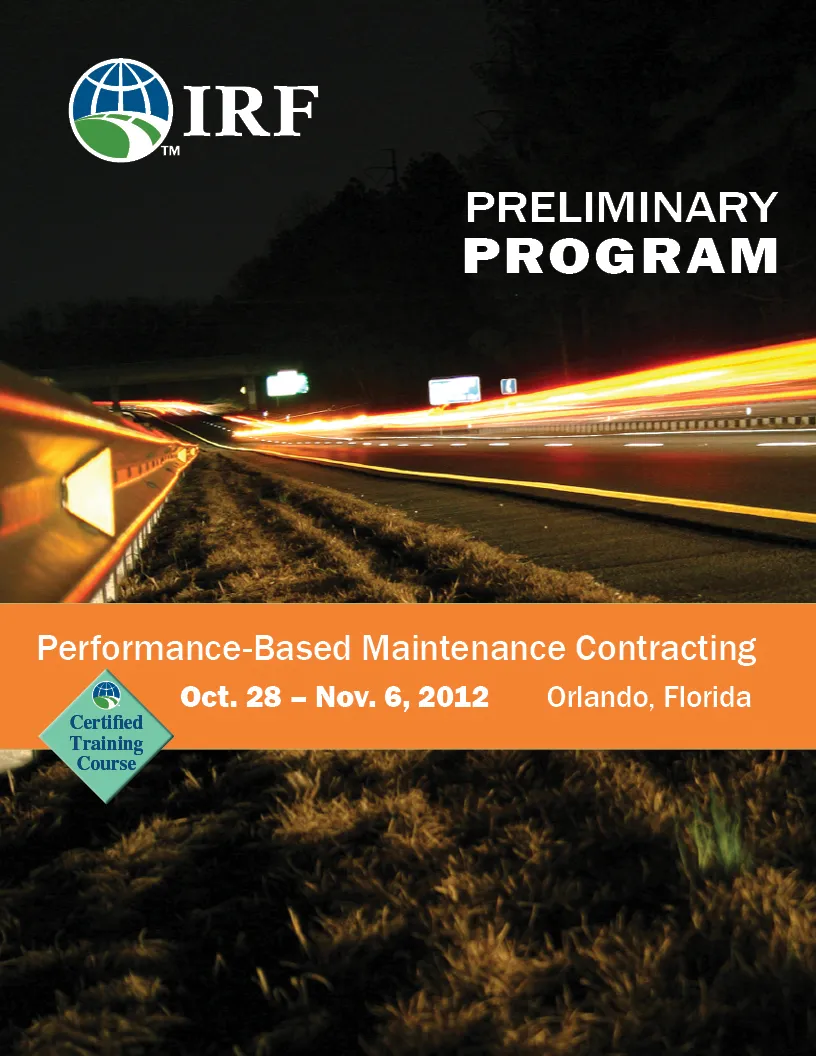The
Design standards alone don’t guarantee road safety in all conditions, said IRF executive vice president Michael Dreznes, speaking at the Global High Level Conference on Road Safety held in the Brazilian federal capital of Brasilia.
"The IRF strongly supports the extended and expanded use of road infrastructure safety management procedures using locally drawn talent trained to the highest standards," said Dreznes.
Poorly performed or badly documented road safety audits can have negative effects on safety. Unqualified team leaders could miss obvious safety concerns resulting in an unsafe road. Worse yet, the road authority would be using its limited financial resources to conduct these audits with less than acceptable results.
The IRF also renewed an earlier call for the mandatory introduction of, and associated funding for, road safety audits linked to all new road investment loans by multilateral development banks.
Brasilia: IRF sets minimum qualifications for safety audits
The International Road Federation has released a set of minimum qualification guidelines for professionals conducting road safety audits and inspections as part of a global road safety gathering held in Brasilia. Design standards alone don’t guarantee road safety in all conditions, said IRF executive vice president Michael Dreznes, speaking at the Global High Level Conference on Road Safety held in the Brazilian federal capital of Brasilia.
November 20, 2015
Read time: 2 mins






